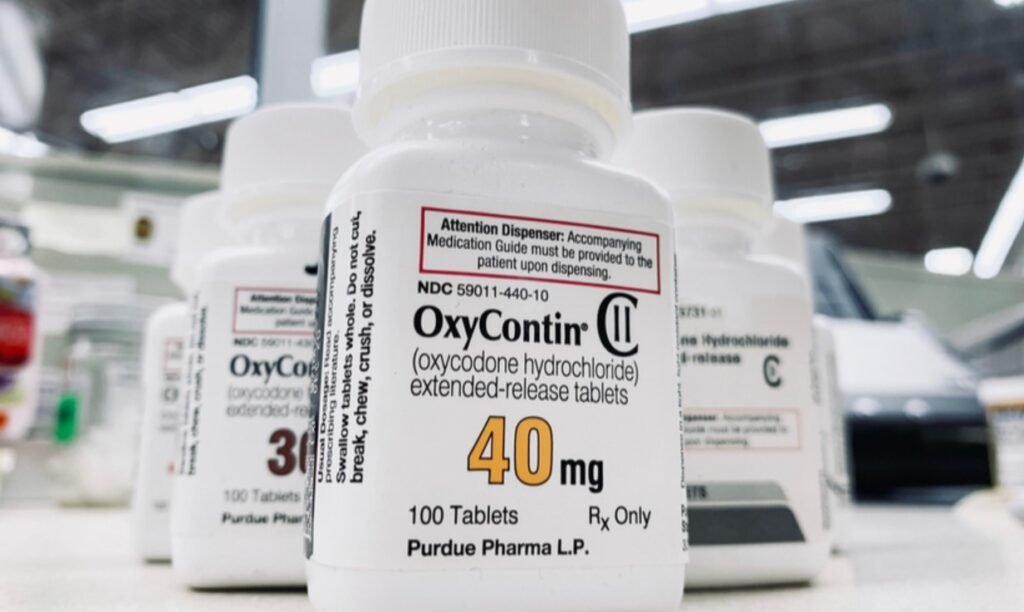The U.S. Supreme Court on Thursday blocked a $6 billion bankruptcy settlement by Purdue Pharma that would protect its Sackler family owners from civil lawsuits related to the opioid crisis. The court also agreed to hear a challenge to the settlement by a U.S. Bankruptcy trustee in December.
The Settlement and the Challenge
Purdue Pharma, the maker of the opioid painkiller OxyContin, filed for bankruptcy in 2019 as it faced thousands of lawsuits from state and local governments, Native American tribes, hospitals, and individuals who accused the company of fueling the opioid epidemic by deceptively marketing its products and downplaying their addictive and harmful effects.

As part of its bankruptcy plan, Purdue Pharma agreed to pay $6 billion to settle the opioid-related claims and to dissolve itself and transfer its assets to a new company that would continue to sell OxyContin and other medicines, but with the profits going to a trust that would fund opioid abatement programs. The plan also included a controversial provision that would grant broad legal immunity to the Sackler family, who own Purdue Pharma, and other parties involved in the opioid litigation, shielding them from future lawsuits.
The settlement was approved by a federal bankruptcy judge in September, but it faced opposition from some states, creditors, and a U.S. Bankruptcy trustee, who appealed the decision to the Supreme Court. The trustee argued that the bankruptcy court exceeded its authority by granting releases to non-debtors such as the Sacklers, who have not filed for bankruptcy themselves and have not contributed enough to the settlement. The trustee also claimed that the settlement violated the due process rights of the plaintiffs who did not consent to the releases.
The Supreme Court’s Decision
The Supreme Court on Thursday issued a brief order that temporarily blocked the settlement from going into effect and said it will hear oral arguments in the case in December. The order did not explain the reasons for granting the stay or indicate how the justices voted on it. The order also did not address the merits of the case or suggest how the court might rule on it.
The stay means that Purdue Pharma will not be able to exit bankruptcy and implement its settlement until the Supreme Court decides whether to uphold or overturn it. The stay also means that the lawsuits against Purdue Pharma and the Sacklers will remain on hold until then.
The Supreme Court’s decision to take up the case is significant because it could have implications for other companies that seek bankruptcy protection as a way to resolve mass litigation. The case could also affect how much money will be available for addressing the opioid crisis, which has killed more than 500,000 people in the U.S. since 1999.
The Sacklers’ Response
The Sacklers, who have denied any wrongdoing and have not faced any criminal charges, have said that they agreed to the settlement in good faith and that they want to help end the opioid crisis. They have also said that they have contributed more than enough to the settlement, which includes $4.5 billion from their personal fortune and $225 million from a civil settlement with the Justice Department.
In a statement on Thursday, the Sacklers said they were disappointed by the Supreme Court’s decision and hoped that it would ultimately uphold the settlement. They said that delaying the settlement would only prolong the suffering of the victims and prevent them from receiving much-needed funds for treatment and prevention programs.
“We remain hopeful that in time, those opposing our proposed resolution will instead join us in implementing it as swiftly as possible,” they said.
